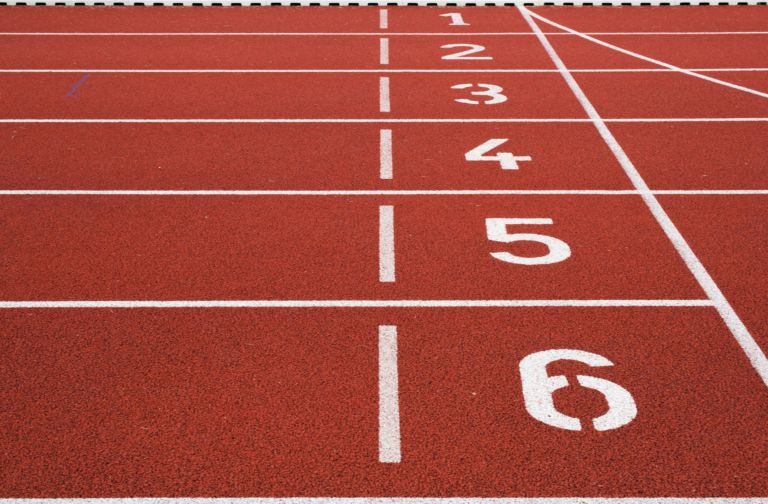Madeline Osburn writes for the Federalist about the negative impact of Biden administration higher education policies.
President Joe Biden’s Department of Education is expected to finalize changes to Title IX rules in the coming weeks to expand the definition of discrimination beyond sex to also include sexual orientation and gender identity.
The rule changes will have seismic implications, setting off not just state versus federal showdowns over state laws barring biological males from competing in women’s sports, but also how college campuses handle sexual harassment charges and due process.
While these changes have been anticipated since Biden took office, last week the Washington Post reported the first look at a draft copy of the proposed language, which includes this key sentence:
“Discrimination on the basis of sex includes discrimination on the basis of sex stereotypes, sex-related characteristics (including intersex traits), pregnancy or related conditions, sexual orientation, and gender identity.”
The Post also reported that Biden’s DOE plans to rewrite rules established by President Donald Trump’s DOE, under former Education Secretary Betsy DeVos, that required schools to recognize the presumption of innocence for those accused of sexual harassment or assault.
Some of the DeVos era due process protections that may be targeted or revoked entirely include the right to cross-examination for both the accuser and the accused, as well as the right to full access to all evidence collected by schools in sexual harassment investigations and the opportunity to respond to that evidence.
Candice Jackson, who was Department of Education deputy general counsel during the Trump administration, told The Federalist that these two major changes, to both the definition of discrimination and the definition of what constitutes sexual harassment, will overlap in severely detrimental ways.
“It’s going to affect people’s ability on campus to talk about or debate about single-sex spaces on campus like women’s sports,” Jackson said. “All of a sudden, you’re in a position where even having a discussion or even trying to advocate for keeping women’s sports single-sex could get you called a harasser.”


